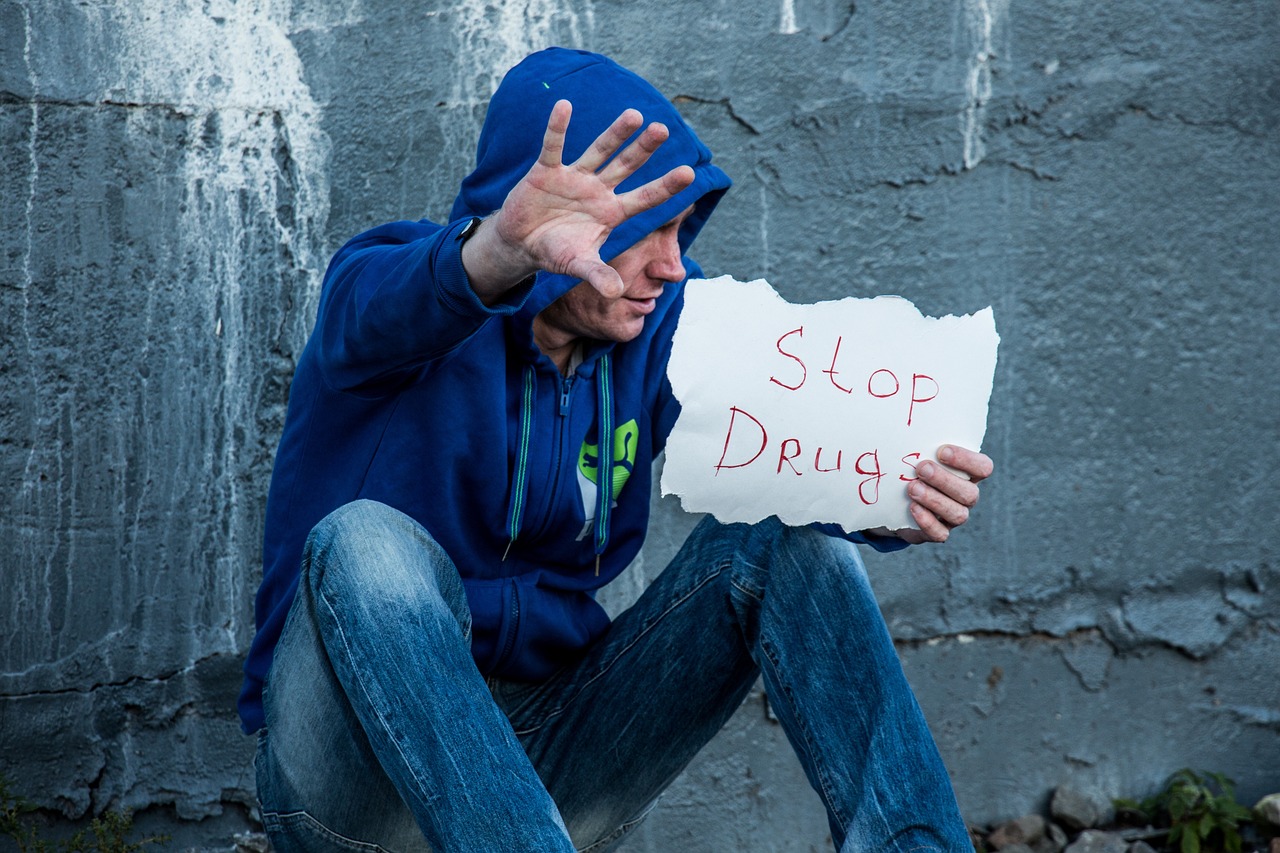The Hardest Parts of Alcohol and Drug Detox

Embarking on the journey of alcohol and drug detox can be a challenging path to navigate. From battling intense cravings to facing the fear of the unknown, this process is not for the faint of heart. This is why people who have family members suffering from alcohol and drugs choose to admit them. If you live in Puerto Rico, try googling about Alcohol & Drug Rehabs: Detox & Addiction Treatment Centers Near Me In Puerto Rico. In this blog post, we will delve into some of the most challenging aspects individuals may encounter during their detox journey. Let’s explore these challenges together and shed light on how to overcome them with resilience and determination.

Cravings and Triggers
Cravings and triggers can be some of the most daunting hurdles to overcome during alcohol and drug detox. The intense desire for substances that once provided comfort or escape can feel overwhelming. It’s like a constant battle between the mind and body, with cravings creeping in when you least expect them. Triggers, on the other hand, are those sneaky little reminders that can set off a craving in an instant. They could be places, people, emotions, or even specific routines that your brain associates with substance use. Avoiding triggers is crucial but not always feasible. Learning to recognize your triggers and develop healthy coping mechanisms is key to managing cravings effectively.
Lack of Support
Navigating the challenging journey of alcohol and drug detox can feel like an uphill battle, especially when faced with a lack of support from those around you. Whether it’s friends, family, or even healthcare professionals, feeling alone in your struggles can be incredibly isolating. Having a strong support system is often crucial in overcoming addiction. Without it, doubts and insecurities can creep in, making the process even more daunting. The absence of understanding or encouragement from others can amplify feelings of loneliness and despair during detox. It’s important to remember that seeking help is not a sign of weakness but rather a brave step towards healing. Finding supportive individuals who genuinely care about your well-being can make all the difference as you work towards sobriety.
Fear of the Unknown
Embarking on the journey of alcohol and drug detox can be daunting for many individuals. One of the hardest parts that people often face is the fear of the unknown. The uncertainty of what lies ahead can create a sense of anxiety and apprehension. Not knowing how their body and mind will react to the detox process can be overwhelming. Questions like, “Will I be able to handle withdrawal symptoms?” or “What challenges will I encounter along the way?” may linger in one’s mind, adding to the fear.
Emotional Rollercoaster
Navigating through alcohol and drug detox can feel like riding an emotional rollercoaster. One moment, you may be overwhelmed with sadness and regret for the past choices that led you here. The next wave of anxiety crashes over you as you face the uncertainties of the future without substances to rely on. Emotions can range from anger and frustration to moments of hope and determination. It’s important to remember that these feelings are all part of the healing process. Allow yourself to experience them fully without judgment or suppression. At times, it may seem like your emotions are out of control, pulling you in different directions.
Despite the hardships that come with detox, it’s important to remember that recovery is possible. By acknowledging these most challenging parts of the process and actively working towards overcoming them, individuals can take significant steps towards a healthier and substance-free life. With determination, support, and professional guidance, anyone struggling with addiction can embark on a journey towards lasting sobriety and well-being.…


 Just like some forms of drugs and cigarettes, alcohol is very addictive too. It alters the way a person acts and thinks. Aside from that, heavy drinking of alcohol can lead to various ailments such as liver disease, cancer, ulcer, vitamin deficiencies, brain damage, and many more.
Just like some forms of drugs and cigarettes, alcohol is very addictive too. It alters the way a person acts and thinks. Aside from that, heavy drinking of alcohol can lead to various ailments such as liver disease, cancer, ulcer, vitamin deficiencies, brain damage, and many more. A person who wants to treat his alcohol addiction should have the initiative to do so. The best help that he can have is from himself. Only then will medical intervention becomes useful. With the desire to quit drinking, the patient will have the willingness to follow all the necessary things that he needs to do to make the treatment successful.
A person who wants to treat his alcohol addiction should have the initiative to do so. The best help that he can have is from himself. Only then will medical intervention becomes useful. With the desire to quit drinking, the patient will have the willingness to follow all the necessary things that he needs to do to make the treatment successful.

